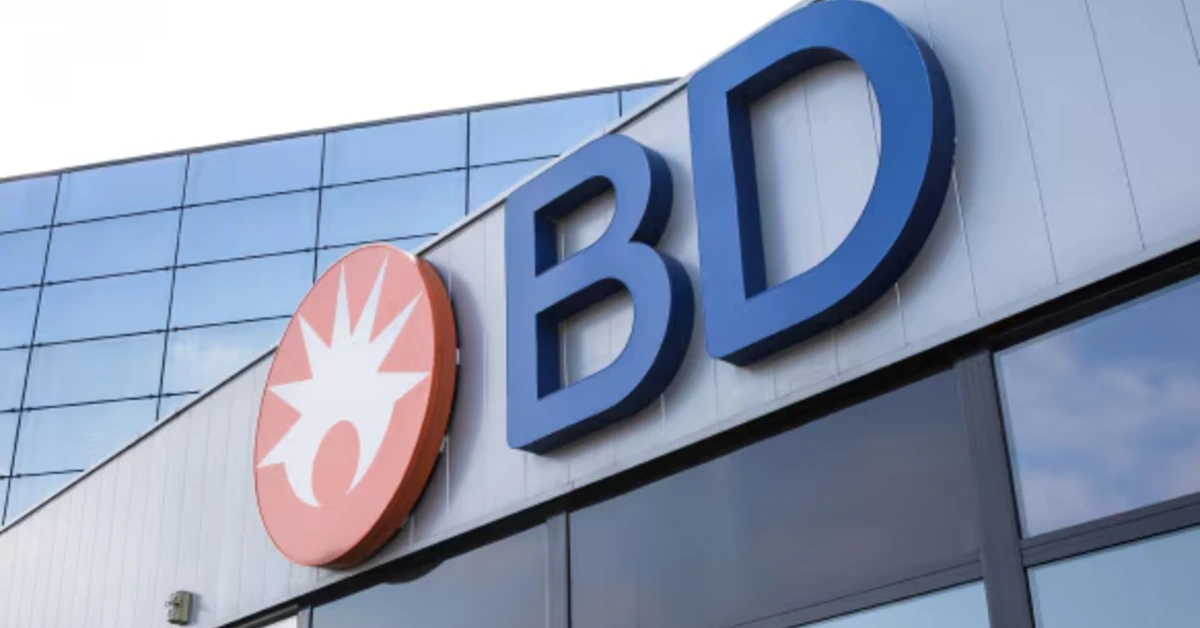
USA – Medical devices giant Becton Dickinson (BD) has initiated discussions to divest its US $21bn life sciences unit, a move that signals a significant strategic shift for the New Jersey-based group.
Sources familiar with the matter reveal that BD has begun management meetings with interested parties as part of its broader plan to carve out the division, which generated approximately US $3.3bn in revenues last year.
BD announced in February that it would explore a range of options for the unit, including a full sale, a spin-off as a separate publicly traded company, or a tax-free share swap via a reverse Morris trust.
The reverse Morris trust, though complex and relatively rare, would allow BD to transfer the unit while avoiding tax liabilities, simultaneously enabling the company to distribute cash dividends to its shareholders.
Under such a deal, BD’s investors would become majority shareholders in the newly merged entity, albeit by a slim margin.
The discussions have attracted considerable interest from industry rivals and private equity groups.
Leading names such as Thermo Fisher Scientific and Danaher are reportedly in talks with BD regarding a potential acquisition of the life sciences unit.
Thermo Fisher is particularly interested in the unit’s high-growth flow cytometry segment, a critical component for the production of cell and gene therapies as well as immune-targeted cancer treatments.
Danaher, which already holds a substantial market share in this domain, is expected to target other assets within the unit.
In addition to these major players, BD is also engaging with smaller diagnostic groups including Waters Corporation, Qiagen, and Revvity regarding a reverse Morris trust transaction.
This alternative structure could allow BD to unlock the unit’s value while providing a tax-efficient exit route.
Other interested parties might emerge as the process unfolds, but for now, BD is focused on navigating early-stage discussions with these key stakeholders.
Adding to the urgency of the divestment process is the involvement of activist investor Starboard Value, which has been vocal in its demand for BD to spin off the unit.
Starboard argues that a disaggregation of the life sciences business would allow the market to better value the distinct operational segments, potentially realizing a sum-of-the-parts discount if the unit remains bundled with BD’s other operations.
The divestment is part of a broader trend in the medical technology sector where companies are looking to streamline their portfolios and focus on core competencies.
BD’s decision comes at a time when market dynamics in the life sciences and diagnostics sectors are rapidly evolving, with significant growth opportunities in areas such as digital diagnostics and advanced cell therapies.
BD expects to announce further details regarding its divestment plans by this summer, with a view to completing any transaction in the following year.
XRP HEALTHCARE L.L.C | License Number: 2312867.01 | Dubai | © Copyright 2025 | All Rights Reserved